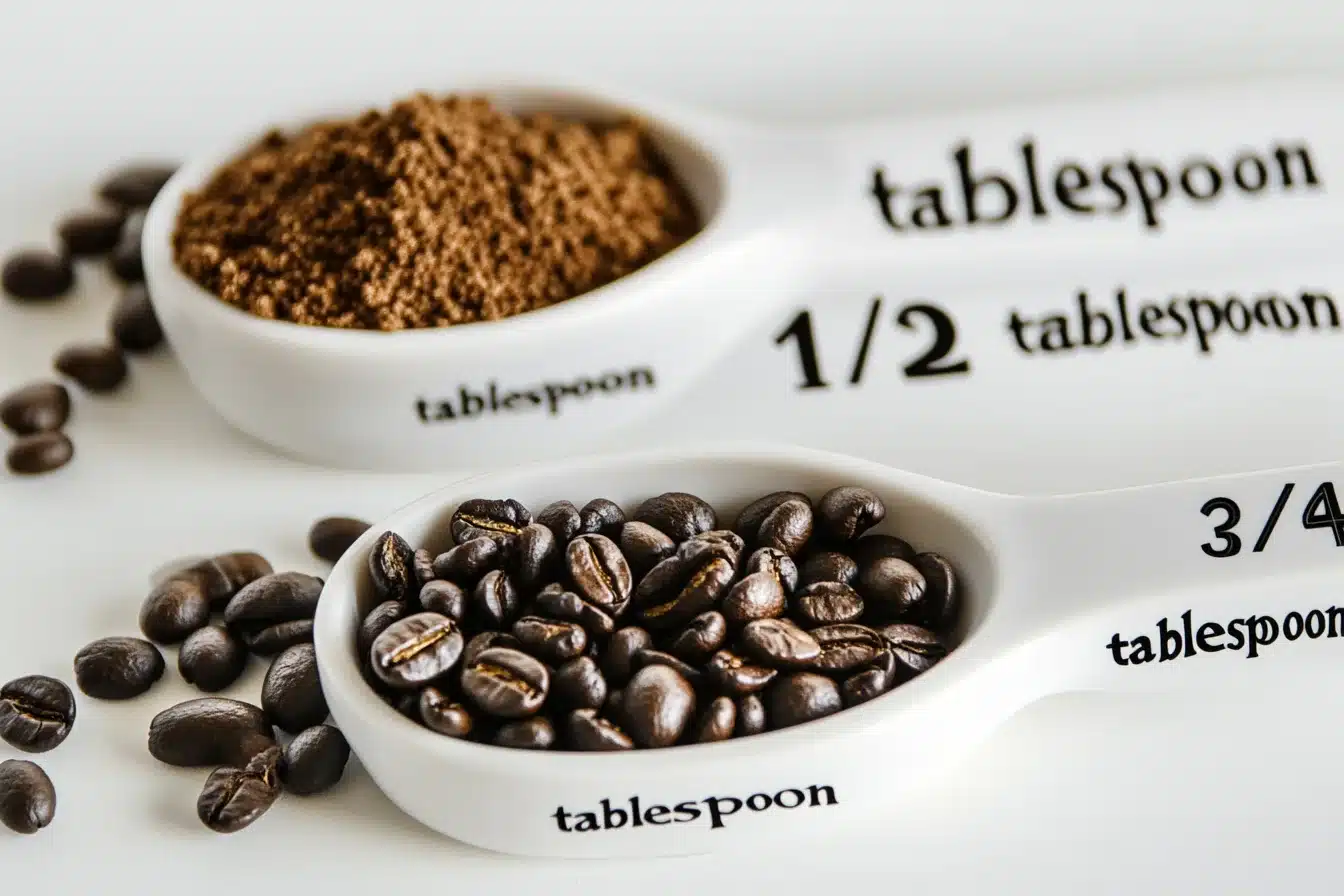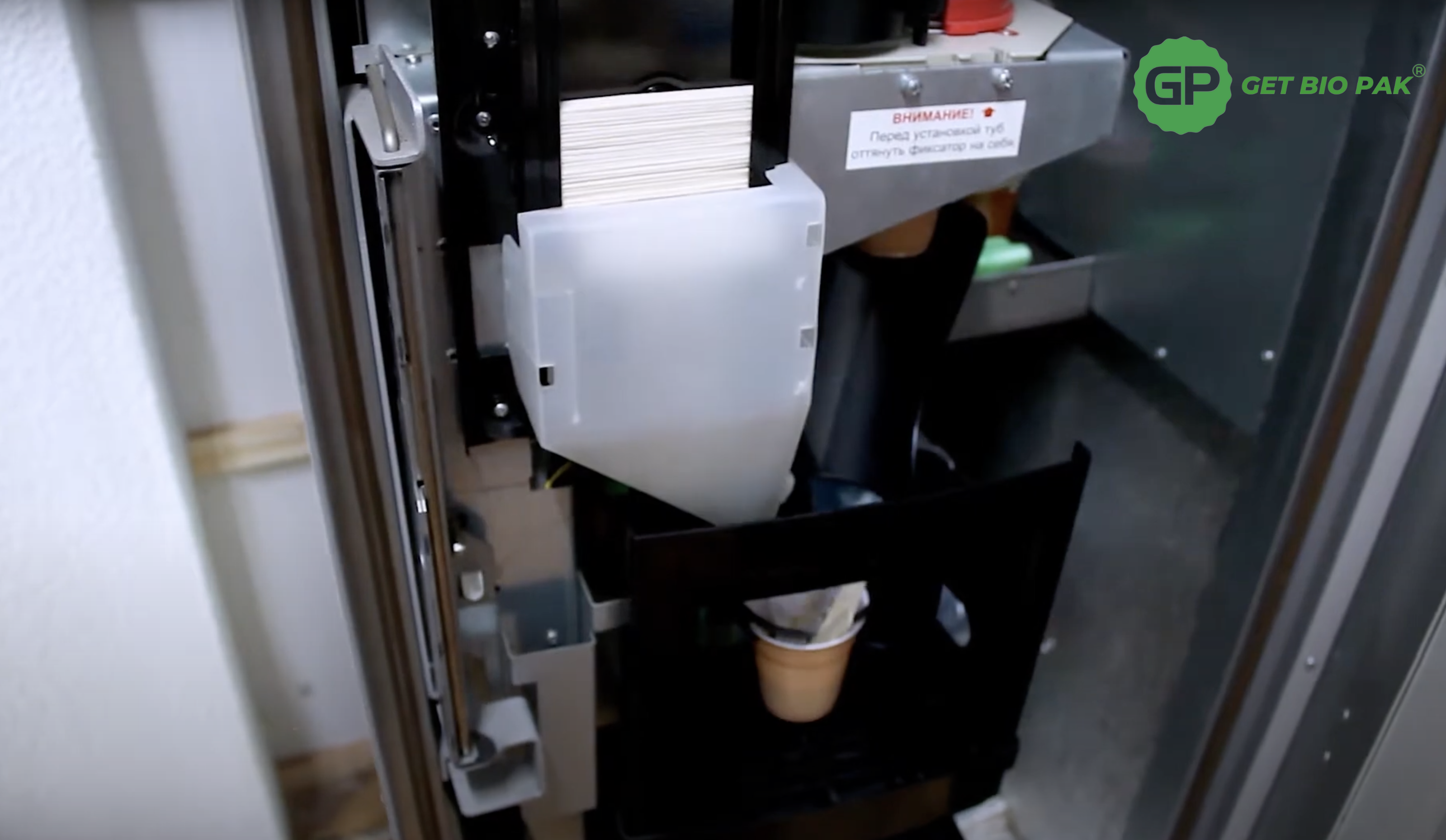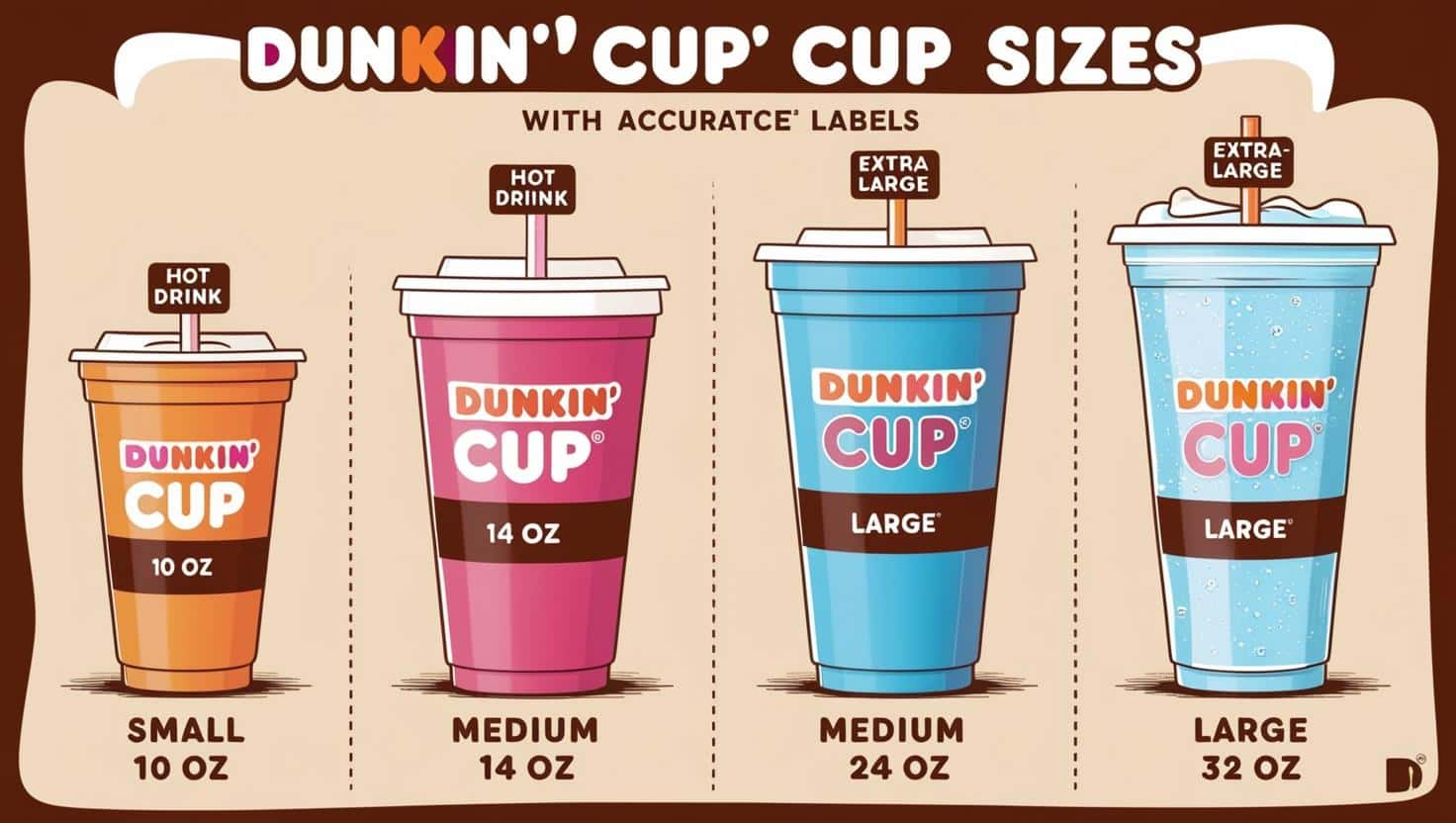In today’s fast-paced world, many of us rely on disposable coffee paper cups for our daily caffeine fix. But have you ever wondered if these cups are truly recyclable?
In this article, we will explore the truth behind the recyclability of coffee paper cups and shed light on the reasons why they pose a challenge for the recycling industry.
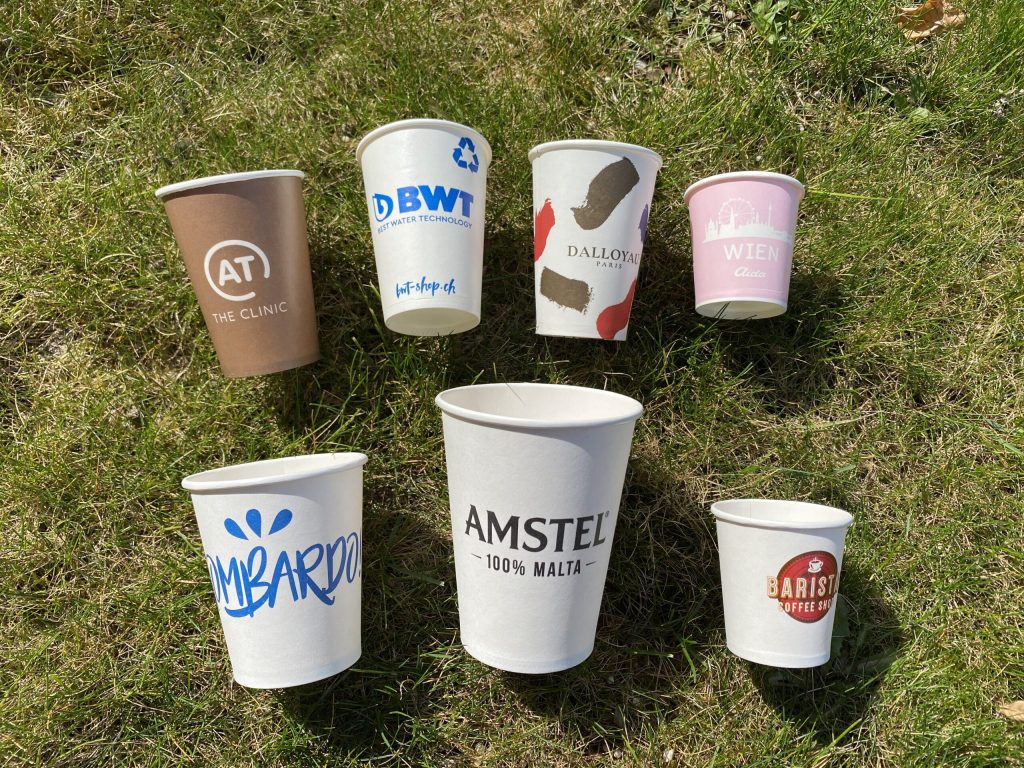
The Composition of Coffee Paper Cups
Coffee paper cups are primarily made from paper, which is a renewable and sustainable resource. However, the issue lies in the fact that these cups are not made solely of paper. To ensure that they are leak-proof and can hold hot liquids, coffee paper cups are coated with a thin layer of plastic or wax. This coating prevents the cups from disintegrating when they come into contact with liquid.
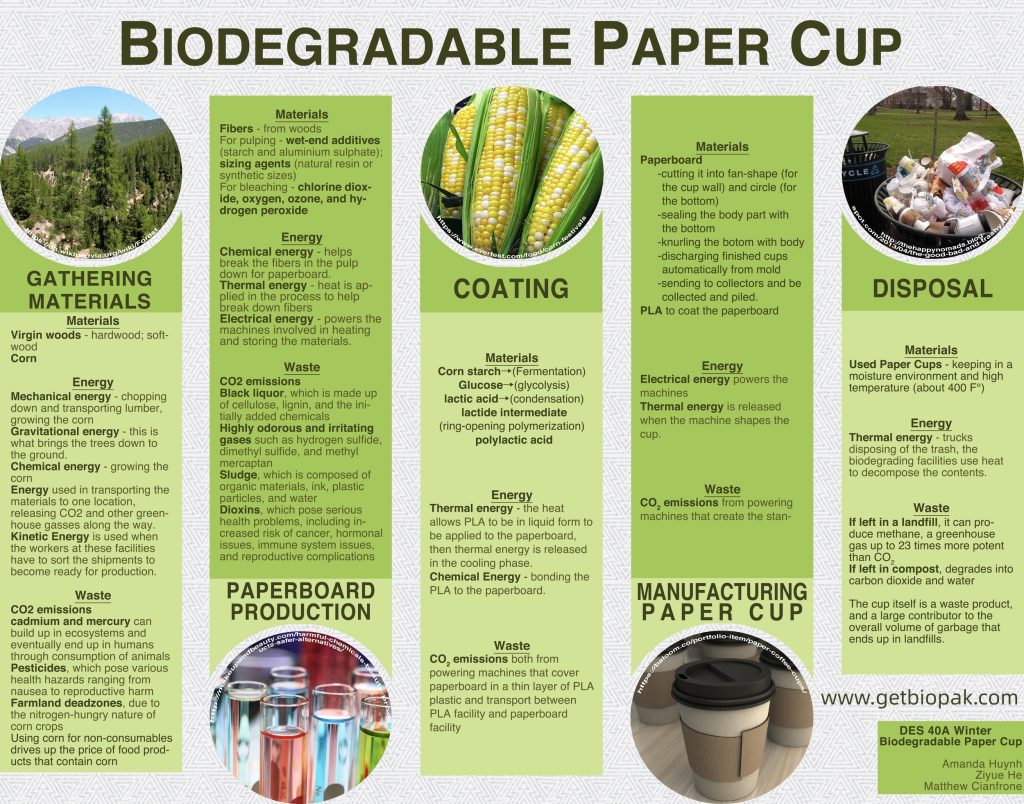
The Challenges of Recycling Coffee Paper Cups
The presence of this plastic or wax lining creates a significant hurdle when it comes to recycling coffee paper cups. The coating is not easily separated from the paper during the recycling process, making it difficult to recover the valuable paper fibers. As a result, most recycling facilities are unable to effectively recycle these cups.
Furthermore, the infrastructure required to recycle coffee paper cups is limited. Only a few communities have access to the necessary technologies and resources to collect, separate, and recycle the cups. Even in these communities, the plastic lining is often discarded into landfills or burned as a coal alternative, undermining the environmental benefits of recycling.
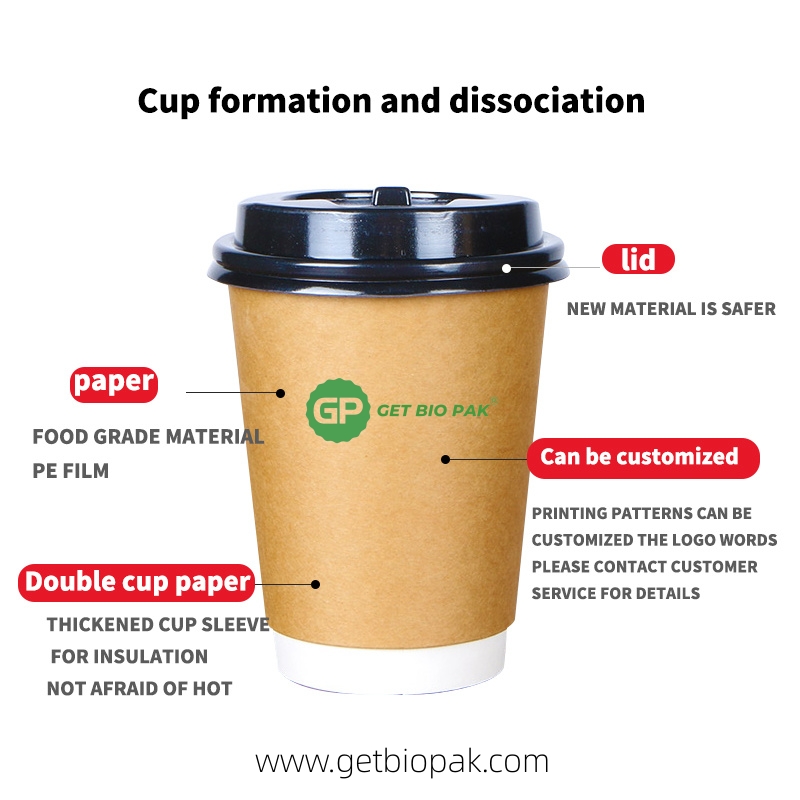
The Environmental Impact of Coffee Paper Cups
The inability to recycle coffee paper cups has significant environmental consequences. With millions of coffee paper cups being used and discarded daily, they contribute to the growing issue of waste accumulation. These cups end up in landfills, where they take a considerable amount of time to decompose, releasing harmful greenhouse gases in the process.
Moreover, the production of coffee paper cups requires the consumption of natural resources, including trees and water. The extraction and processing of these resources result in deforestation, habitat destruction, and water pollution. Therefore, finding sustainable alternatives to coffee paper cups is crucial for reducing our environmental footprint.
Sustainable Alternatives to Coffee Paper Cups
As consumers, we have the power to make more sustainable choices when it comes to our coffee consumption. One of the most effective ways to reduce the environmental impact of coffee paper cups is to opt for reusable alternatives. Investing in a reusable coffee cup not only reduces waste but also saves money in the long run.
Many coffee shops now offer incentives for customers who bring their own cups, such as discounts or loyalty points. By embracing reusable cups, we can significantly decrease the number of coffee paper cups that end up in landfills.

The Role of Businesses and Manufacturers
While consumer choices play a crucial role, businesses and manufacturers also have a responsibility to address the issue of coffee paper cup waste. Companies can explore more sustainable options, such as using compostable or recyclable materials for their cups. By investing in research and development, innovative solutions can be found to make coffee cups more environmentally friendly.
Additionally, businesses can provide recycling bins specifically for coffee paper cups in their establishments. This encourages customers to dispose of their cups responsibly and increases the chances of these cups being recycled or composted.
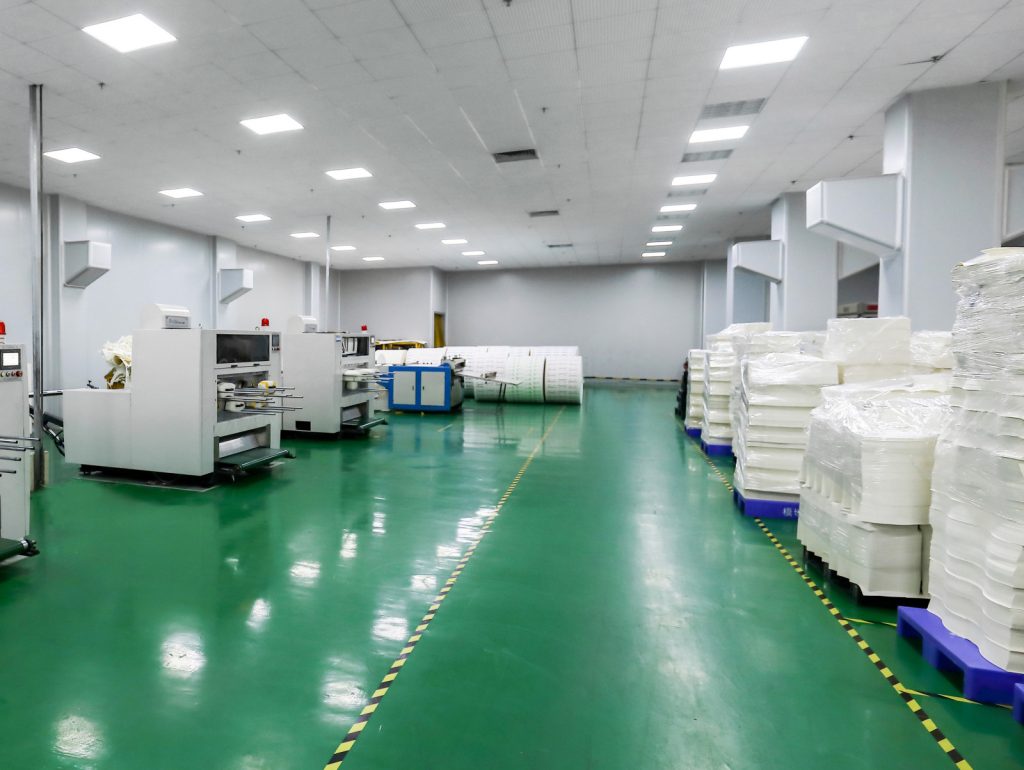
The Importance of Education and Awareness
Educating consumers about the challenges associated with coffee paper cups is essential in promoting more sustainable practices. By raising awareness about the environmental impact of disposable cups and the availability of reusable alternatives, individuals can make informed choices that align with their values.
Furthermore, governments and organizations can play a significant role in promoting sustainable practices and supporting the development of infrastructure for recycling coffee paper cups. By implementing policies and initiatives that encourage recycling and reduce waste, we can collectively work towards a more sustainable future.
Conclusion
While coffee paper cups may seem like a convenient and harmless choice, their impact on the environment is far from negligible. The plastic or wax lining that makes these cups leak-proof also renders them difficult to recycle or compost. As consumers, we can make a difference by opting for reusable cups and supporting businesses that prioritize sustainability. By working together, we can reduce the environmental footprint of coffee consumption and create a more sustainable future.
Remember, the next time you reach for a coffee paper cup, think about the impact your choice has on the planet. Let’s strive for a world where every sip of coffee is enjoyed responsibly, without compromising the health of our environment.


